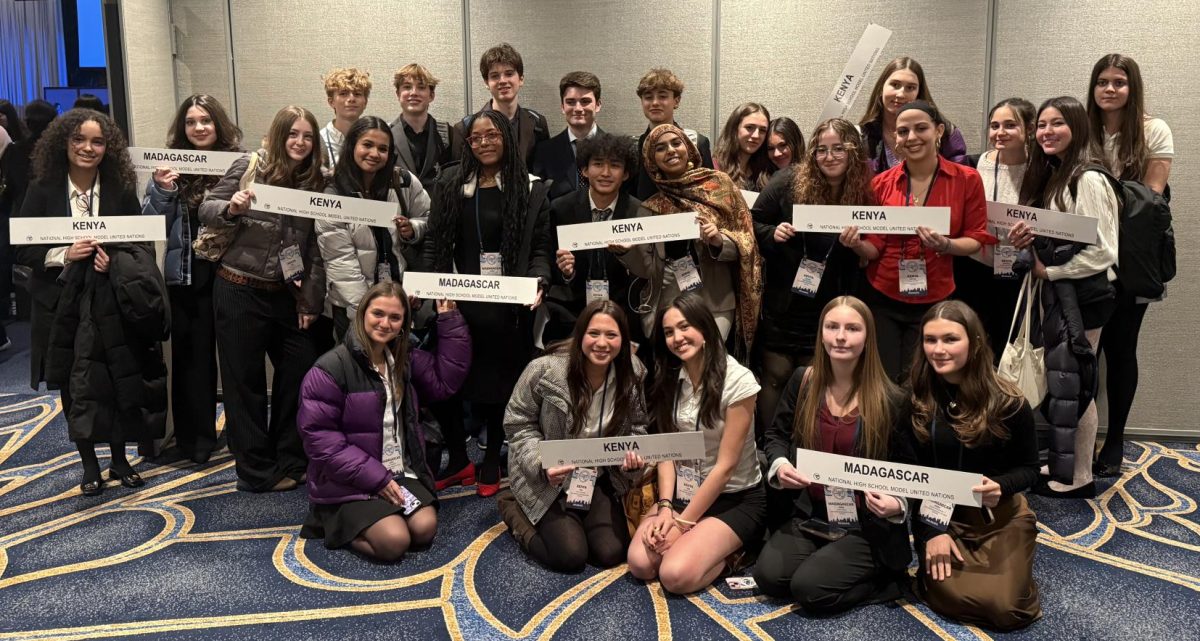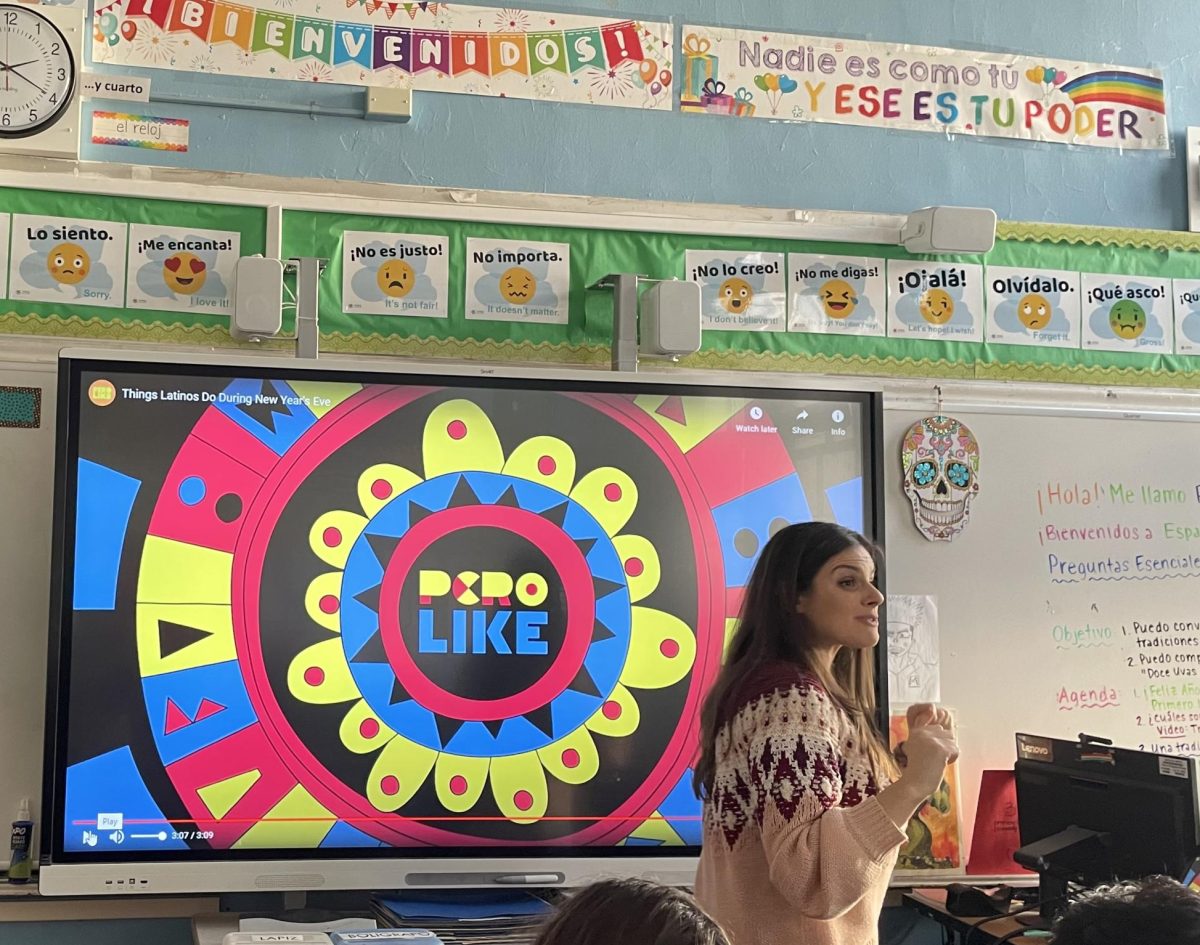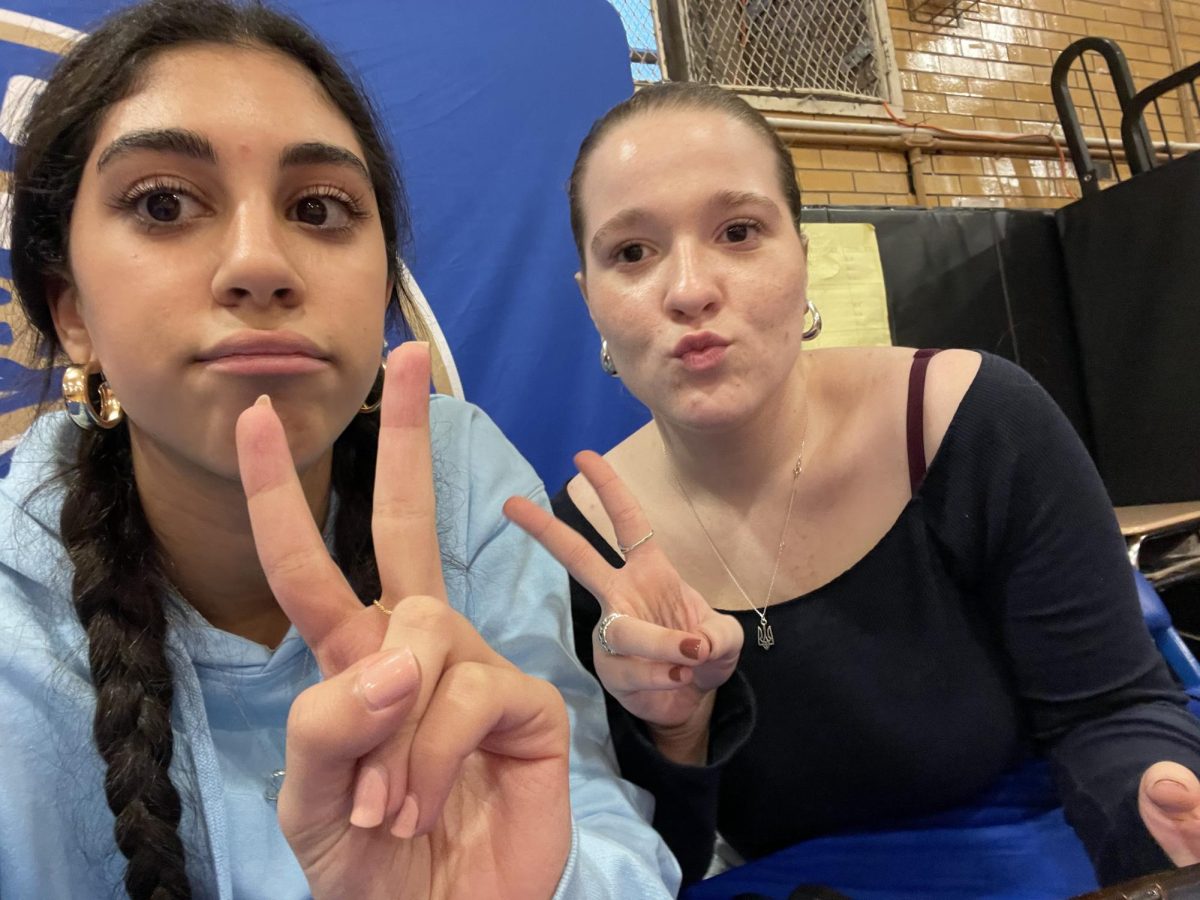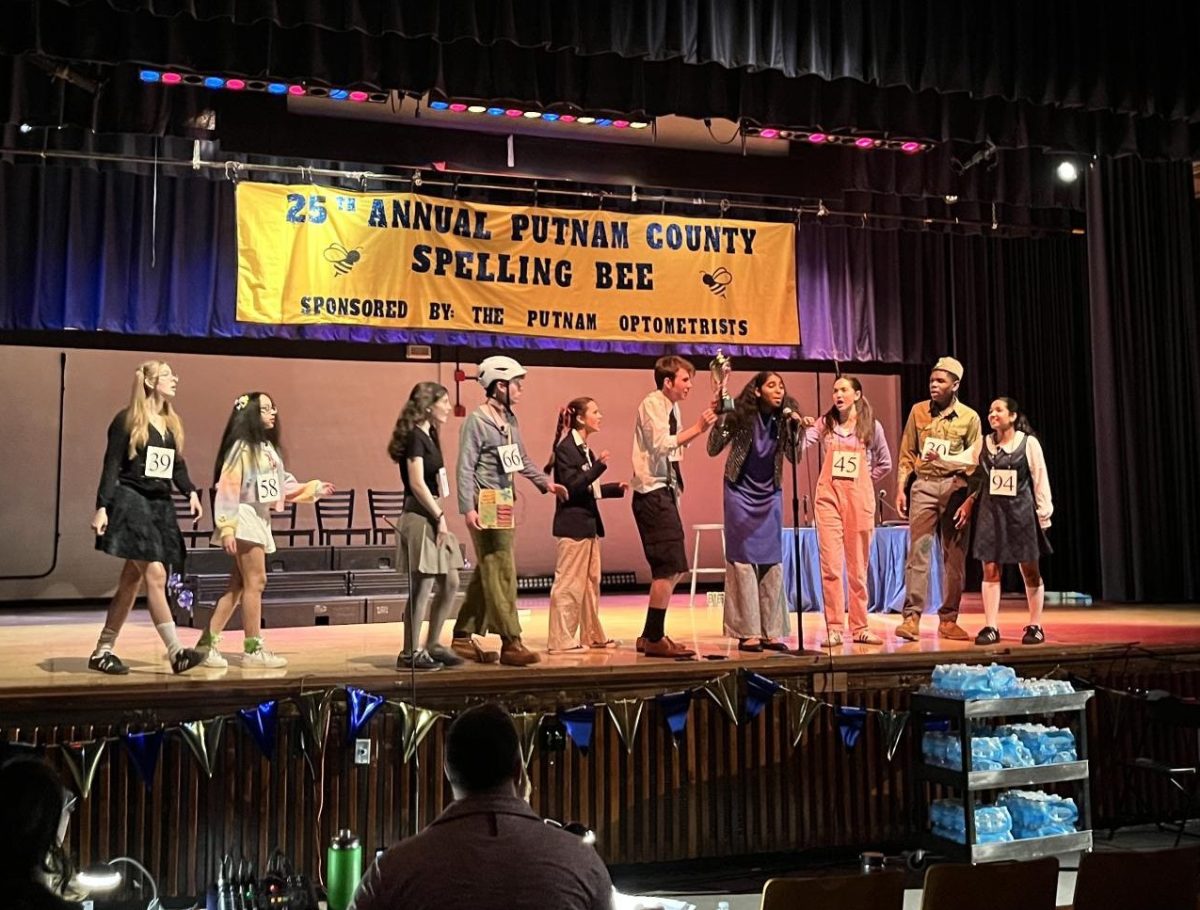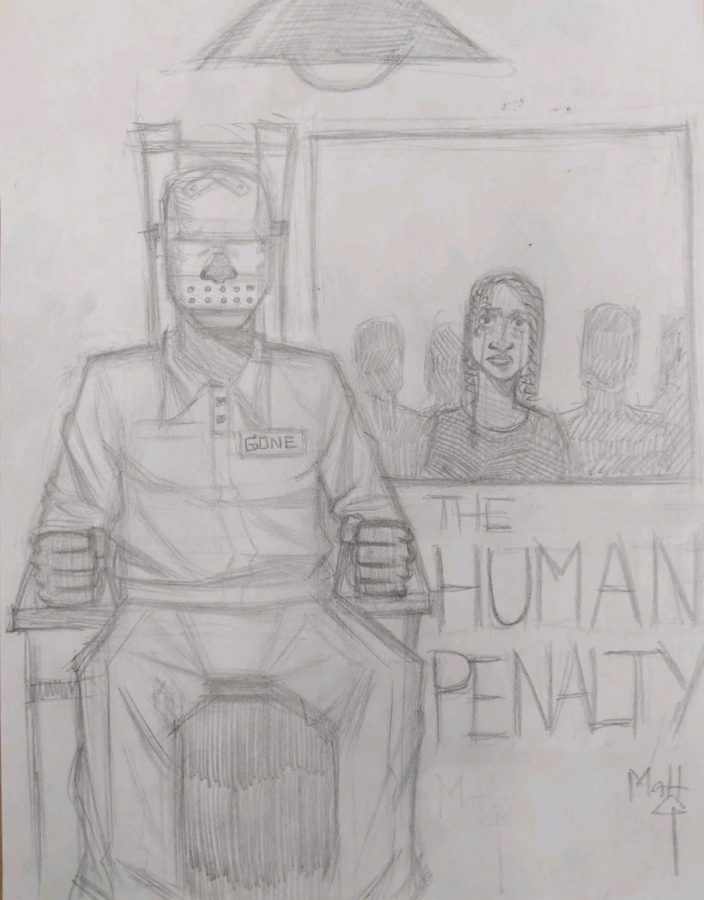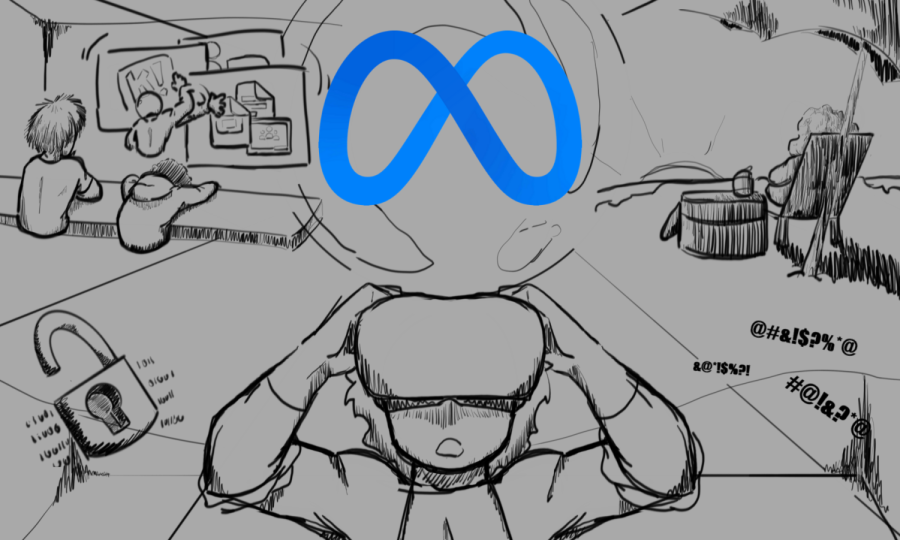Op-Ed: Learned Helplessness and Self Fulfilled Prophesy in High School
May 7, 2015
The term coined by psychologist Martin Seligman in the 60s and 70s, “Learned Helplessness,” is something that manifests itself in schools often. The phenomenon occurs when someone is subjected to a stimulus that is often negative from which they cannot escape, and as a result they start avoiding or trying to escape that negative stimuli.
Self fulfilled prophecy, on the other hand, is basically when a person has a preconceived notion of the outcome of the event, whether it is positive or negative, and that notion is so strong that it can make the event fall into either a positive or negative direction. A combination of both of these phenomena is when a student fails multiple tests in a row. The first few tests, the student might attempt to do well on them and study, but when those efforts no longer make a difference, they can fall into a pattern of learned helplessness and give up any attempt to excel or even pass the class. The self fulfilled prophecy would manifest itself when the student has believed for so long that they don’t have the ability to pass the test, and as a result they fail it and think “I knew I’d fail anyway” which leads to a pattern of continuous fails as a result.
Some students in particular at school agree. A senior at MBHS said, “when you fail no matter how hard you study, or how hard you work, it gets to you. You start doing bad continuously and then you’re stuck feeling like you can’t do anything.” This explains both theories perfectly as his situation is a combination of both phenomenons.
So what can be done? According to education.com, simply telling a student to work harder in order to do better doesn’t cut it. Teachers should help students attack a skill or problem in a different light, with different methods. Repeating a lesson in a the same way that made no sense to the student, or telling them it’s on them that they don’t understand, doesn’t help. Instead these comments add to the problem.
One student who wished to remain anonymous stated, “I could ask for help and not get any. Instead I’d be told to study harder. But studying and rereading exactly what I didn’t understand helped in no way.”
Teachers need to be more flexible in terms of teaching. If one method makes no sense it should be tweaked to fit student needs. In addition, students should be made to feel hopeful instead of hearing a teacher bluntly say “See me after class. You failed this.” They can try to say “If you look at it this way it might make more sense”. It’s all about the way the subject is presented and how material is tailored to student needs. Make a kid feel less than or incompetent, then teachers feed learned helplessness and self fulfilling prophecy. But if you help a kid understand the material and view it differently, positive results will become very obvious.
